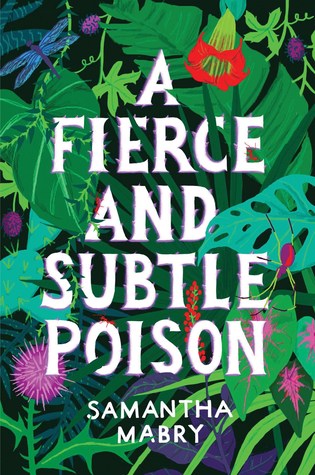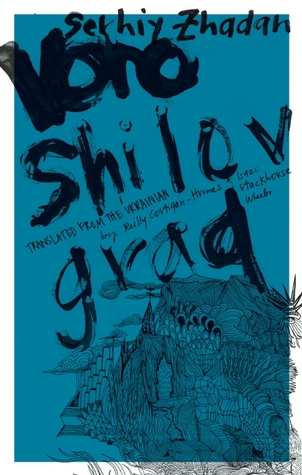Moral allegory, mysticism, and lyrical prose, THE IMPROBABLE WONDERS OF MOOJIE LITTLEMAN tells the story of a disabled boy who is sent to St. Isidore's Fainting Goat Dairy, where determination to “belong” fuels his self-discovery. A surprising destiny awaits him if he can survive one last terrifying trial.
Goodreads description
Robin Gregory is a member of the Magic Realism Books Facebook Group I run and I always enjoy her contributions to discussions there, so I leaped at the chance to read and review her book. One of the issues we often discuss is where to place our books, this question is very relevant to The Improbable Wonders of Moojie Littleman. It could be fantasy, science fiction or magic realism. It could be for adults or for young adults or middle-graders.
The story's hero is a disabled boy who has some magical powers - the ability to heal being one and occasionally the power of levitation - but those wonders really don't help him much with his troubles. Having lost his parents twice (he is an orphan and then his adoptive mother dies and his father deserts him), Moojie is desperately in need of a family. He grows up with his gruff and unsympathetic grandfather, with whom he has a complex relationship. He also has an interfering aunt, who at first seems a caricature but who develops into someone as complex as his grandfather.
When Moojie meets the lighteaters (or hostiles as his grandfather calls them), he decides he wants them to be his family instead. They are exotic, so philosophic they talk in riddles a lot of the time, and then there is a beautiful lighteater that the adolescent Moojie falls in love with. In the end when the lighteaters are about to leave, Moojie is forced to decide which "family" he wishes to be with. I was struck that Moojie's feeling are often shared by children, who wonder what it would be like to have another family than their own.
I very much liked the complex characterization of the key characters in the novel and the way the complexity is revealed as Moojie's own character grows. The lighteaters however are less developed, partly because of the riddles and partly because of their otherness.
The book is full of philosophy and lessons - the role of forgiveness being the most prominent - and I can see why some people have compared it with Paul Coelho's work. This is done without being heavy-handed, something I found offputting in The Alchemist. I am sure a lot of parents will encourage their children to read this novel for that reason.
But were my son in middle grade I would not buy it for him. When he was twelve John was a picky reader and unless immediately taken by the story would abandon it. Most of the book's pacing is slow and although it really picks up at the end and gets exciting, my son would have given up by then. The other reason is the language. Gregory writes beautiful poetic prose, full of lovely descriptions. But there are a lot of words I did not know in the book and which I wasn't always able to work out from their context. I assume these words are American dialect words and John and I are British. Maybe the publisher might like to consider a glossary or similar for the British market.
Those quibbles aside there is much to love in this book, as shown by the list of awards it has received (current finalist Indiefab Best Books of the Year, Library Journal Indie California Book Collection 2016, Gelett Burgess Children's Book of the Year Award 2015, Kirkus Reviews Best Indie Books Dec/2015, The Wishing Shelf Adult Fiction Award 2015).
I received a free copy of the book from the author in return for a fair review.



